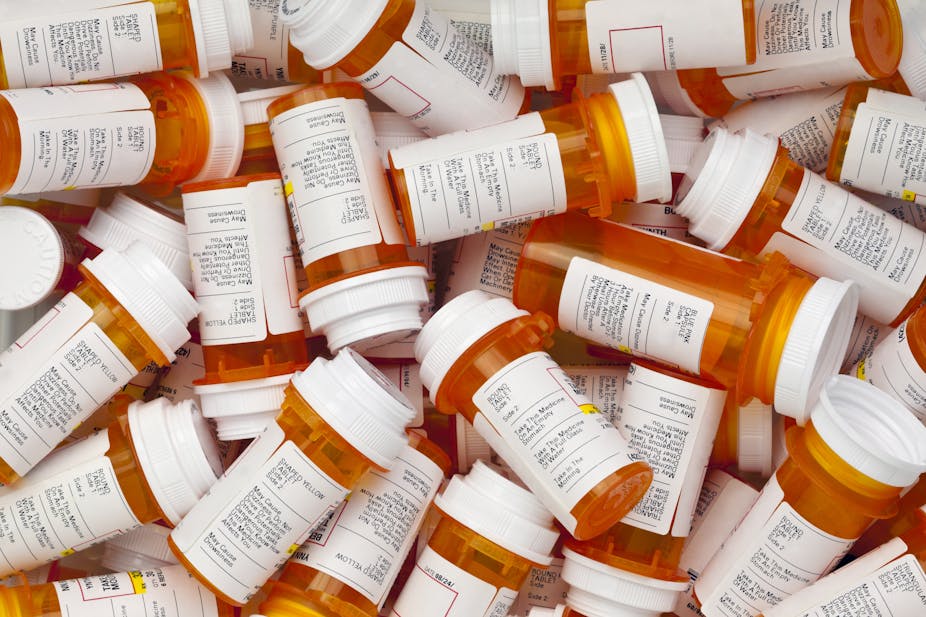The call to abolish the prescription charge in England by the Drug and Therapeutics Bulletin is the centre of great debate. Unsurprisingly so. The cost of making and buying pharmaceutical drugs is an emotive issue – and a complex one. And, the call came soon after a rise in prescription charges from £7.85 to £8.05.
NHS prescriptions have been free across the board in Wales, Northern Ireland and Scotland since 2007, 2010 and 2011, respectively. But currently in England only certain categories of patients, such as the elderly, the young, some low-income groups and people with a specified, long-term medical condition, are entitled to free NHS medicines when prescribed by their GP. If prescriptions charges are to be abolished in England, this must benefit both patients and healthcare budgets.
Funding debate
The argument seems simple. Why should we be charged an additional tax on medicines when the NHS is already funded through general taxation? On the other hand the think-tank Reform argues that prescription charges should be increased even further to raise much needed funds, in an attempt to recoup some of the billions spent on prescription services. The arguments are clear, but answers are less so.
The “abolitionists” make a strong case, especially when viewed through the eyes of the Prescription Charges Coalition, which campaigns for equity across all long-term medical conditions. Why should those with diabetes, epilepsy and cancer receive free prescriptions while a whole host of patients with other conditions have to pay?
The problem is exacerbated when prescription costs become prohibitive for some people with long-term conditions, who then choose not to collect their prescriptions. The 2009 Gilmore review, which assessed how to implement exemptions from charges, recommended that a range of long-term medical conditions be considered. But many of these never happened.
Spiraling prescriptions
One of the arguments against removing prescription charges is the idea that prescribing rates could dramatically spiral as a result, further eating into the budget for drugs. But there doesn’t seem to be any evidence from Wales, Northern Ireland and Scotland to support this. Since making prescriptions free, they’ve not experienced a surge in demand. Interestingly, however, the Health Minister of Northern Ireland has not ruled out the reintroduction of prescription charges for financial reasons.
The CAIS drug and alcohol rehabilitation centre in North Wales has blamed free prescriptions for a number of deaths arising from prescribed drug addictions. This is important as it highlights the potential for unwanted patient effects as a result of abolishing prescription charges.
The above example contradicts the argument that removing prescription charges will result in better access to medicines and therefore better health. Even with medicines that are freely available, patients do not take these as intended. It is accepted that up to 50% of medicines prescribed for long-term conditions are not taken by patients as prescribed by their practitioner. Having access to medicines does not guarantee appropriate medicine-taking behaviour.
Moral hazard
An idea borrowed from the insurance and financial sectors, known as moral hazard, looks at how arrangements of good intention can create incentives for people to behave badly. So could the fact that 90% of NHS prescriptions dispensed in the community are currently free account for the problem of medicine waste in the UK? There is ample anecdotal evidence that patients automatically re-order medicines under current systems with no incentive to reflect on whether they still need to take these medicines and, if they do need to take them, whether they are doing so as prescribed.
The £300m cost to the NHS associated with medicine waste each year has been put down to a whole range of factors, including patient motivations, practical difficulties, treatment-related effects and system failures. The prescription charge is only one of a host of reasons associated with medicine waste.
Symbolic contract
But what if prescriptions were not free but much cheaper? A nominal £1 prescription fee across the board might give patients the necessary incentive to think twice about re-ordering unwanted medicines, while providing the much-needed financial contribution towards the cost of medicines in the NHS.
Could a £1 charge enter people into a “symbolic contract” to take their medicines more effectively? There is so far little research into the effect that this type of nominal charge may have on public and patient perspectives and behaviour. This is necessary, as a symbolic agreement could strike the right balance and be the answer to the difficult problem of prescription charges that benefit both budgets and patient health.

